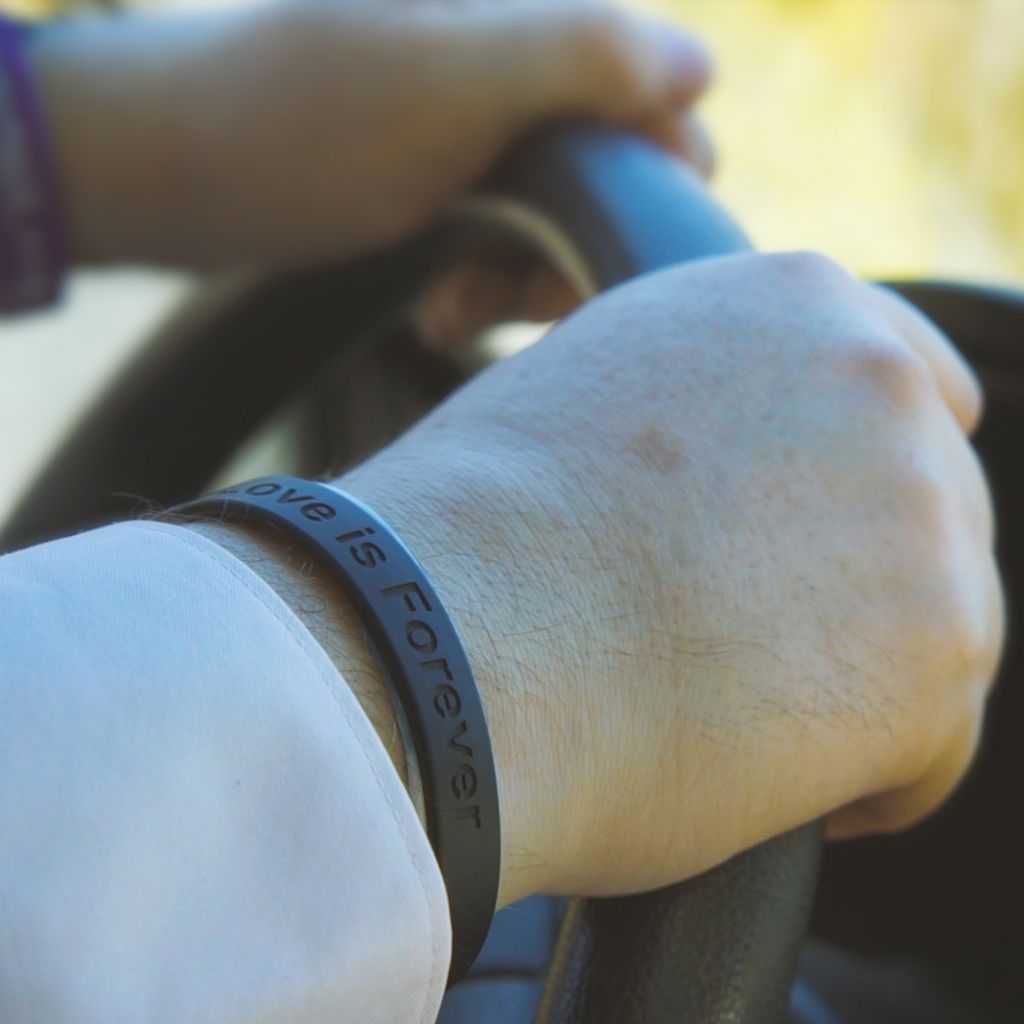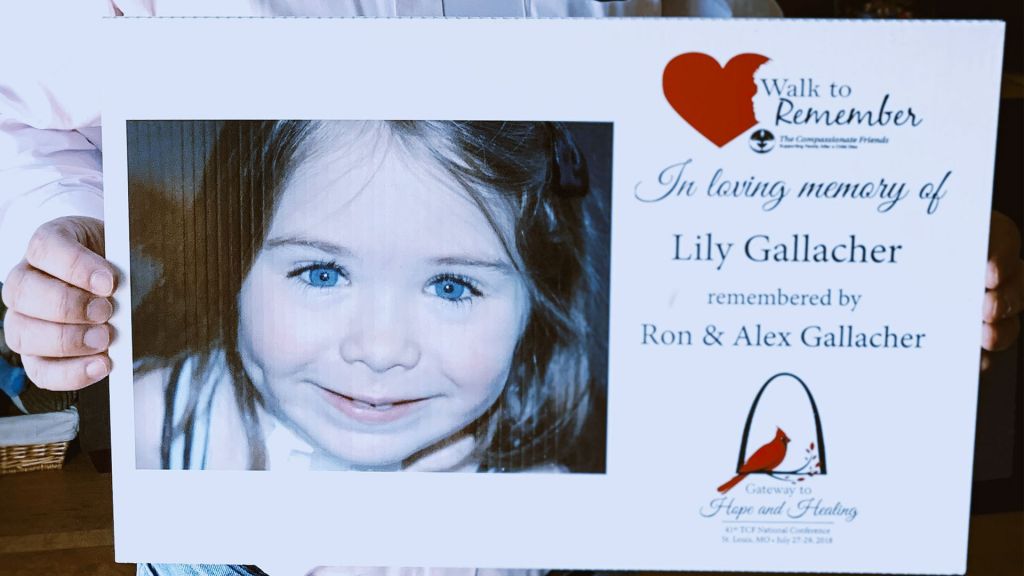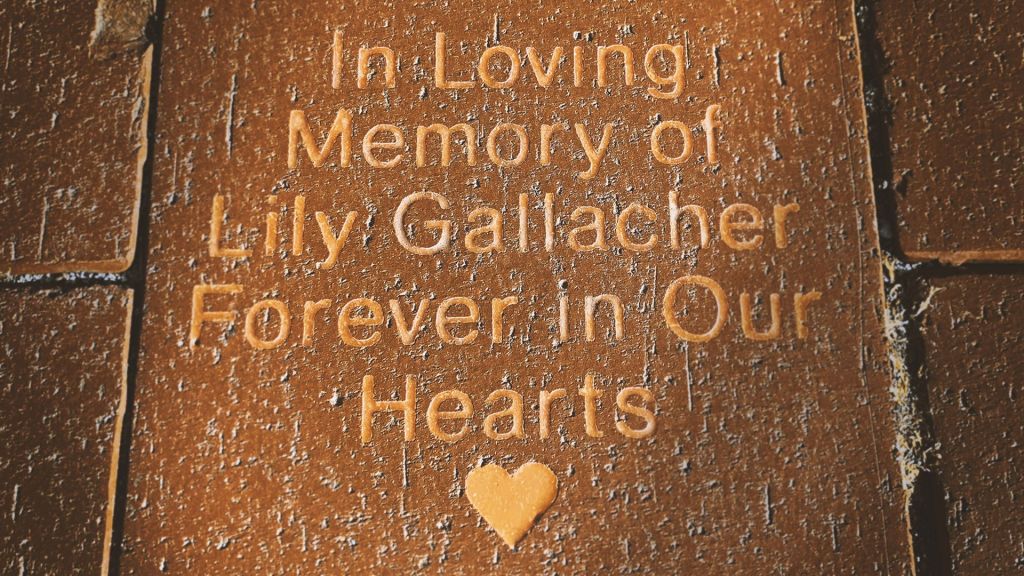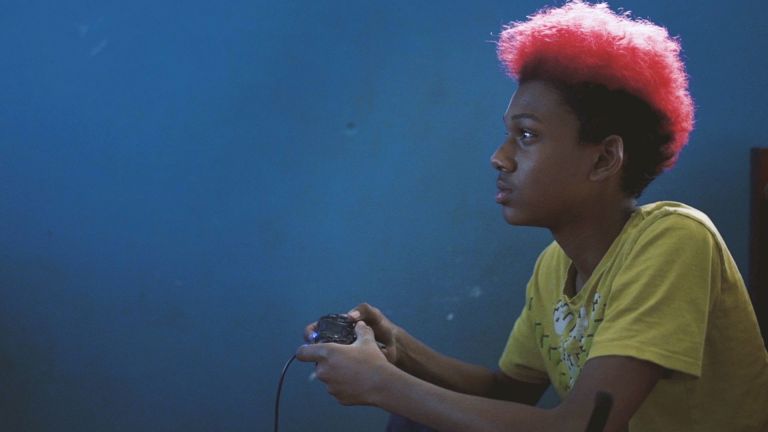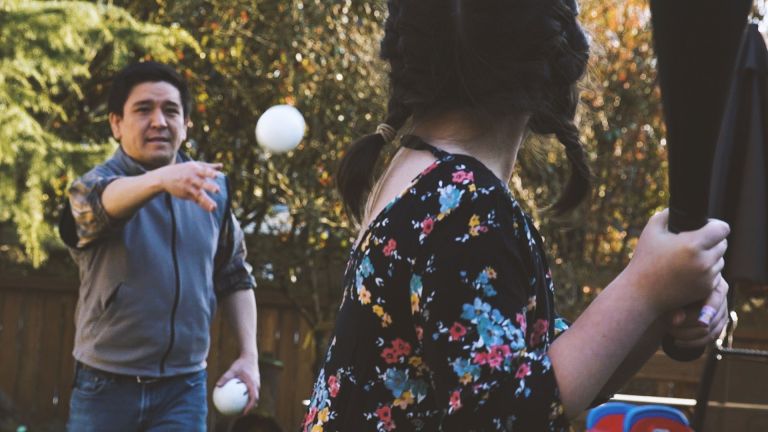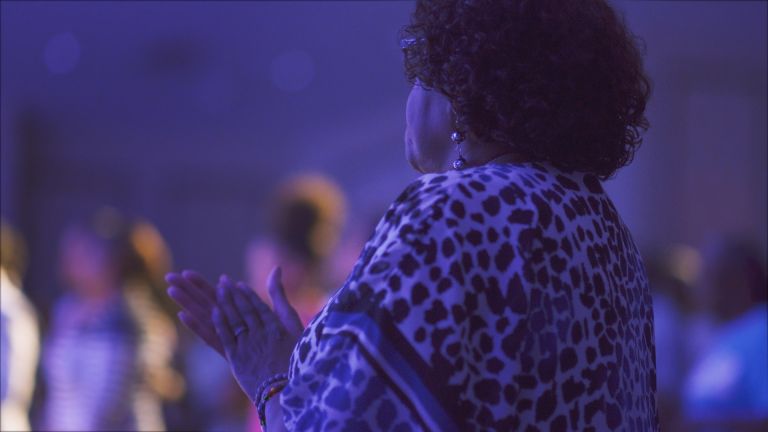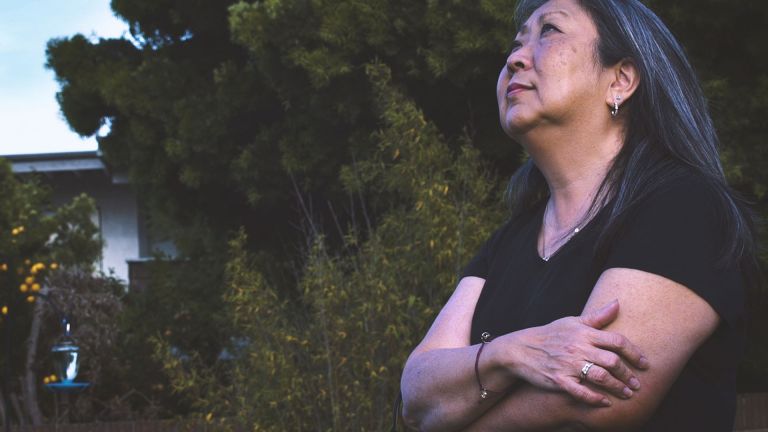Ron Gallacher
Ron’s daughter, Lily, died when she was nine. Her death challenged each member of the family in different ways. Ron has since become involved with The Compassionate Friends and finds comfort in working with other grieving parents.
My daughter.
We called her Miss Lilly. She was a spark of life. One of her teachers said there are souls in the world which have the gift of finding joy everywhere, and of leaving it behind them when they go. And, and really that was what she was. Just a joyful little bundle.
Even though she had such struggles, she had such terrible struggles, throughout her short life, she still had a spirit and all that was really remarkable.
There’s the the old stand standard assumption that, you know, by a year you should over it. Anytime people see still suffering or anxious, then, especially after a year they’re thinking, &;dquo;Well, what’s going on there?”
You lose a support of uh the rest of the world. The rest of the world does not understand why you’re still suffering.
I was 50 when Lily died, um, 55 when I'm going through the early stages, but I bet it’s going to be another fifteen years. I don’t know how many years I’ve got left. (laughs) I might be grieving the rest of my life and I probably will be, you know?
You think about the world in a different way after losing somebody that you love. When you think about the things that are missing from your world, there’s a whole lifetime full of memories that you never get to have, You never stop thinking, uh, “Goodness me I wish Lily was here to see this.” You know, and you always think about your life as being like before and after the event when, before she died and after she died. I don’t know, maybe you’ll get to that point where you don’t think that way. But for me, after seven years, I’ve not reached that way.
One of the things I always remember, is that, it was my job to always take her up to bed at night. I’d either carry her on my shoulders and we’d be walking up stairs and I’d kinda stagger a little bit. Say “You know you weigh so much, you’re, you’re you’re so heavy,” and of course she wasn’t heavy at all. Or I’d carry her in my arms and um, she say, “Dad carry me like a princess.” And that would be what I’d do, I’d carry her in my arms. And um, and um, um just put, tuck her in, put her in bed. And that's what I miss you know, she'd, she'd say to me, um she'd, she'd, her eyes would be closing her arms would be outstretched as far as they could go, uh, and she’d be saying, “Hugs, Dad, hugs!” And so I’d give her a hug, and she’d say, “Goodnight Dad, love you.”
I’m reminded of one of the webinars from the from Open to Hope. When there’s three people talking about um about early grief, early grief is the first five years.
And and so people, you say that to someone they would say “no, that can’t be right” you know? But but like I say loss in a child is disruptive that that you, quite often you can be you can be struggling for those first five years.
Everybody’s different, but you could be struggling for those first years five years. And then you’re just getting through the early stages.
And so for me I was fifty when Lily died, um fifty-five when I'm going through the early stages. What if it’s going to be another fifteen years? You know I don’t know how many years I’ve got left. You know? I might be grieving the rest of my life and I probably will be, you know?
I do the, the ah, our chapter for the Compassionate Friends has a men’s group. So, I do the facilitating for that. And, so, so quite often we talk about that. How the man’s, the man’s grief is different from women’s grief. And, quite often what you find is that uh, the, something terrible happens to the family, and yet the man’s got to kinda suck it up - and I hate to sound sexist, but you know what, it’s a, it’s um, it’s what we see a lot, you know, so.
There’s there’s this notion that you know, and I actually seen it. I’ve seen it in people that, they’ll uh they’ll not um avoid talking about the obvious, you know? They’ll not avoid that but uh you try to tune into your partners um emotions or feelings.
And if you can think, if you can get that sense that there’s something angst, or anxiety there and you tend not to talk about thing that you know might drive them even further into the pain.
It certainly does uh does, it does stop communications between a lot of husbands and wives. Um ’cause ’cause like if she seems to be doing okay and you’re feeling terrible you think to yourself, well I don’t want to unload on her ’cause she seems to be doing okay at the moment. You know?
So, and and and the other, and the other scenario is if she’s not doing okay, then you don’t want to be telling her how terrible you're feeling ’cause it’s just going to make her feel all the worse. You know?
Most of her things we’ve kept. So, if I open our coat closet at home, uh, the, the ... her little coats are still in the closet. And her little shoes are there still. Uh, and so we’ve not put anything away. Y- Y- You know, it gets a bit ridiculous at times. S- So we had a, like a, uh, had a cup of um, fruit salad that she- that was the last thing that she ate and it was in our refrigerator and it was k- kinda growing things out of it. So we had to get rid of that, we couldn’t keep that in the refrigerator all the time.
But, a- a- almost everything we’ve tried to keep. A- although m- my wife decided she- Lily had a little- my wife had a- a Mini, like a car to drive. She drove a Mini, and uh, when we went to get her Mini th- th- the, there was like oh, um, one of those little toy cars uh, and so th- th- th- th- they gave us a toy car for Lily. So Lily had this toy Mini that she would drive around the house. Uh, and so my wife actually gave that away to a friend of hers that, whose son had Down syndrome. ’Cause she felt that was something that Lily would have wanted. So, we’ve given away a few things, but most of the things we’ve kept.
There’s always triggers out there. And so people are not really, they’re not they can’t put themselves in your shoes um and and visualize the triggers that you see, you know? And the triggers bring you bring you back easily and put you back in those moments. You know like for me its easy for something to happen to me that puts me back to like seven years ago and and I’m I’m back in the um I’m back in that hospital with him and I’ve can’t believe what’s just happened to us, you know? I’ve got a memory um, of driving my car and, and just outside the hospital, they played one this, and I was listening to the radio, and they played one of the songs on the radio that she really loved, and I was just like, I just broke down, and, and you know its one of those things, I don’t know who took the wheel, but it wasn’t me, you know. Um, its one of those times, when, uh, if there wasn’t a seat there I would have been on the floor. You know, and and, and so, experienced those, I, I, I, in my life, I never really had those types of experiences of uh emotion.
Snow is snow is a terrible trigger for me anytime it comes to winter and I see the frost. And so this time was, I think, the worst the worst snow we’ve had in February for a long time I think.
And so we had about, I would guess about eighteen inches to two foot, it was drifting deeper in our drive. So I went out and tried to clear the drive and it took me three days to clear it. And it wasn’t because, it wasn’t because my back, my back was breaking. But it wasn’t because my back was breaking it was because my heart was breaking. Because when Lily died, um, it was one of the worst snowstorms we’ve seen since we’ve been here.
So that whole incident of weather related stress is something that’s a massive trigger for me.
Learn more about
